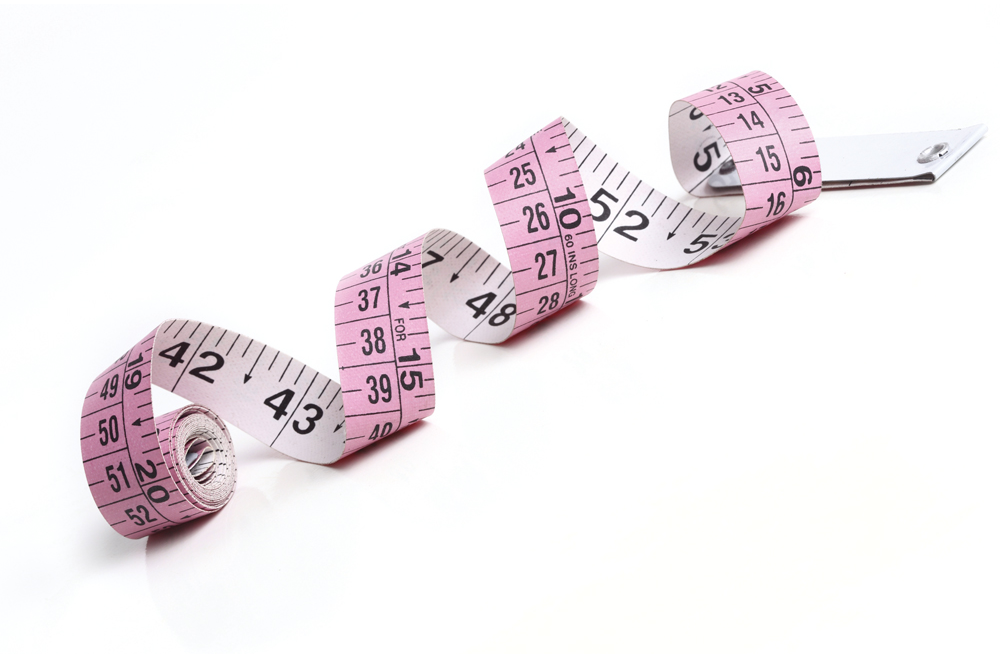Weight management

Being overweight is associated with an increase in the risk of cardiovascular disease and its complications. At this stage, the body mass index (BMI) varies between 25 and 29.9.
Obesity defines the more advanced stage where complications can be more severe. The BMI is then above 30.
In both cases, a weight loss to regain a healthy body weight is desirable to remain healthy in the long term.
SYMPTOMS
• OVERWEIGHT
• BMI ABOVE 25
HEALTH RECOMMENDATIONS
Diet
To lose weight in a healthy and permanent way, there are a few rules to follow.
First, the weight loss must not be associated with dietary privation. Regular meals will optimize weight loss compared to skipping meals. This means that three small meals should be completed with three healthy snacks. By reducing serving sizes and eating at regular intervals, we stabilize the blood glucose levels, avoiding ups and downs resulting in hunger. This strategy also facilitates eating smaller servings.
The key to success is to favour whole foods, with a great nutritional value, so satiety is felt quickly. Moreover, the presence of lean proteins at each meal and snack will participate to the satiety effect and glycemic regulation.
Another tip to help with weight loss is to split food intake on a logical ground, usually the opposite of what we do. For example, breakfast should be the most substantial meal for calories to be burned during the day while supper should be the smallest meal to avoid unnecessary calorie loading before sleep time.
Finally making wise food choices while respecting serving sizes will considerably help reduce the daily caloric intake. There is no miracle recipe for weight loss; making healthy lifestyle changes is the main factor to modify for reaching and keeping a healthy body weight.
Hydration
Drink plenty of water. Your body requires a significant amount of water each day, and water has the advantage of inflating dietary fibres in the intestinal tract, making them more effective at reducing appetite through a sensation of satiety and at maintaining bowel regularity. Proper hydration will also contribute to the elimination of accumulated toxins from the body.
Sleep
A lack of sleep could make weight loss harder. Appetite-stimulating hormones would be increased when the body is deprived of proper sleep. Hence, those who do not sleep for long hours would feel hunger more quickly than people getting enough sleep hours.
Physical exercise
Physical activity helps elevate metabolism. The more the body temperature increases, the more calories are burned. Muscular exercises will be beneficial since a higher muscle mass means more calories are burned. Regular physical activity and a healthy diet are the two main factors involved in weight loss.
Basic advice
Weight gain occurs when the ingested calories (through foods) are higher than the burned calories (through physical activity). In other words, we eat too much and do not exercise enough! Reviewing one?s habits on these two grounds is thus the only way to a successful weight loss. Above choosing healthy foods, serving sizes must be controlled to reduce the caloric intake. Physical inactivity reduces basal body metabolism. To increase it and thereby increase the amount of burned calories, getting active is the only way.
To calculate your body mass index (BMI), divide your body weight in kilograms by your squared height in meters. For example, the BMI of someone weighing 75 kilos and measuring 1.6 meters is :
75 ÷ (1.6 x 1.6) = 29.3.
This person is not obese but is seriously overweight.




Comments
Leave your comment